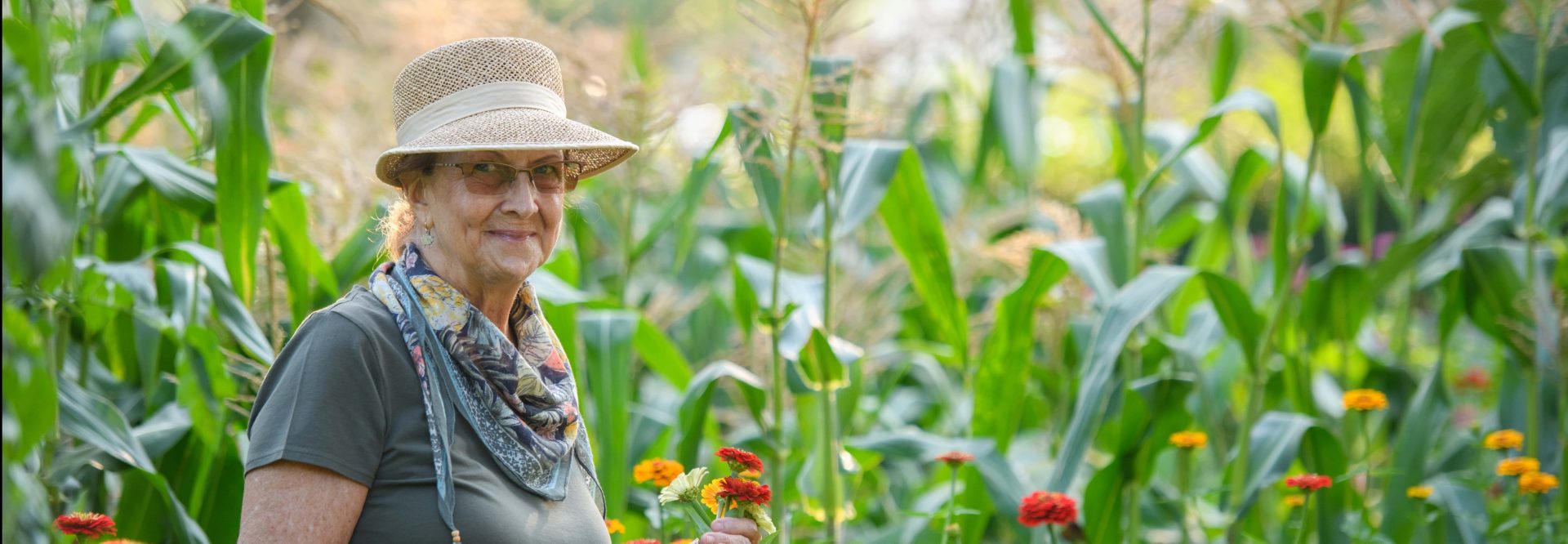
Written by Scott Miller
The concept of active aging is a fairly new one throughout many cultures. Typically old age was seen as a time to take it easy and relax after years of hard work. Older adults were encouraged to take up more sedentary hobbies such as sewing, model building, or card and board games. It was a rare sight to see an all senior exercise class, or 70 year old woman going for a jog or bike ride. Studies showed that having a sedentary lifestyle after retirement was actually causing a rise in health problems during old age and that maintaining an active lifestyle throughout all stages of life was essential. In 2001, the International Council on Active Aging was created with the mission of “changing society’s perceptions of aging and improving the quality of life for aging Baby Boomers and older adults within the seven dimensions of wellness (emotional, vocational, physical, spiritual, intellectual, social, environmental)”. They posed that active aging is not only keeping physically active and healthy; it is improving upon all seven areas of wellness.
This area of wellness deals with self-understanding and acceptance. Being aware of feelings of stress, sadness, anger or happiness and expressing these feelings in a positive manner leads to good emotional health. Sharing ones feelings can help relieve stress and can aid in coping with the challenges that life brings.
This area of wellness deals with finding a career that gives you a personal feeling of fulfillment. Finding a job that you enjoy and one can contribute to and feel like you are making a positive impact on the organization. With retirees, volunteering can be a great way to improve vocational wellness.
This area of wellness deals with recognizing that certain behaviors can either strengthen or weaken our bodies. After recognizing the consequences of these behaviors we must actively try to take part in the positive behaviors while avoiding the destructive behaviors.
This area of wellness deals with developing congruency between our values and our actions. One must acknowledge a common purpose that binds all of creation together in order to obtain peace and harmony in their life.
This area of wellness deals with the ability to open our minds to new ideas and experiences. This is the desire to learn new concepts or skills, improve old skills, and seek challenges in pursuit of a lifetime of learning.
This area of wellness deals with creating and maintaining positive relationships with family, friends and co-workers. Being able to connect with and relate to other people in our communities aides in social wellness.
This area of wellness is our acknowledgement of our own responsibility in improving the quality of the air, water and land that surround us. The ability to make choices that have a positive impact upon the environment contributes to environmental wellness.
This year Active Aging Week will take place on September 22nd-28th. Garden Spot Village will be celebrating through a 3 day Activity Fair which highlights all of the different activities and clubs that residents can get involved in to keep themselves active. Other activities that correspond to the seven areas of wellness will also take place. For more information about Active Aging Week visit the International Council on Active Aging’s website at http://www.icaa.cc/.